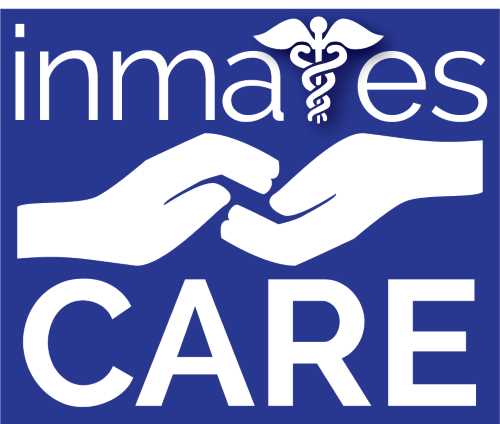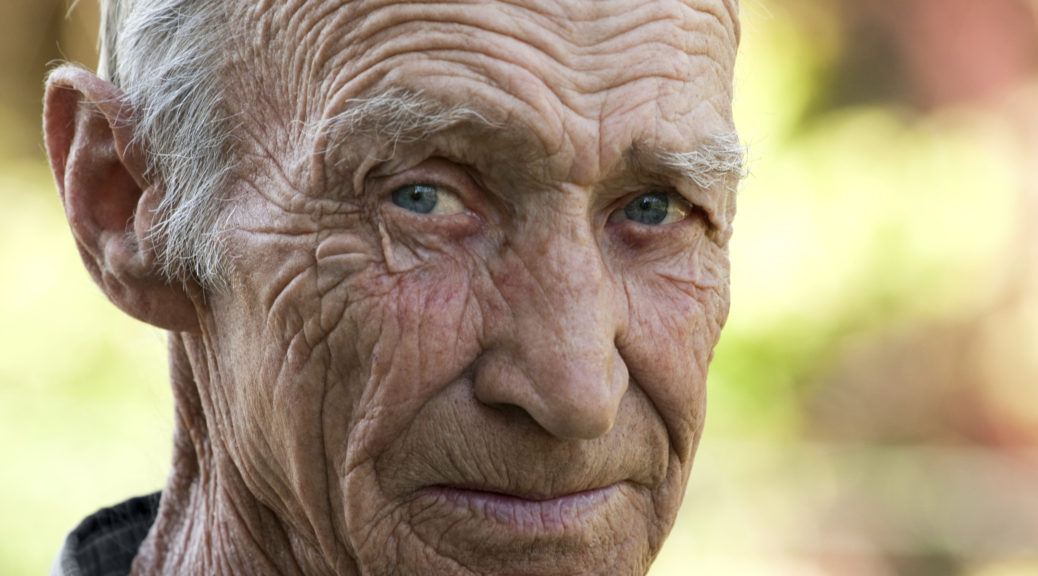Inmates Care
Whether one reaches the end of his or her life in a private home, a nursing home, or a correctional facility, the need for quality, compassionate palliative care is universal.
The demographics of the American prison population are shifting at a dramatic rate requiring new approaches to prison healthcare. Current estimates suggest that there are 2.3 million incarcerated persons in the United States (1). Similar to the free world, the aging of the Baby Boom generation is occurring in prisons. Notably, inmates 50 and older constitute over 20% of prisoners in state or federal facilities (2). Many sentenced offenders are living through middle and older adulthood within the confines of prisons (3,4). These trends profoundly impact prison systems that are legally responsible for providing needed care to prisoners along with ensuring their custody and control (5). The health status of aging inmates does not mirror the free world population. Prisoners typically present with health issues common to free citizens who are 10 to 15 years their senior. Collectively, these trends have had a profound impact on prison systems and prisons are facing sharply increased demands in caring for aged and dying inmates.
Dr. Susan Loeb of Penn State University and Dr. Valerie Myers of Klein Buendel (Multiple Principal Investigators) are leading a new research project being awarded to Klein Buendel entitled, E-training of Inmate Peer Caregivers for Enhancing Geriatric and End-of-Life Care in Prisons – the Inmates Care Project. Inmates Care is a computer-based interactive training system designed to provide inmate peer caregivers with training in geriatric and end-of-life (EOL) care. Broadly defined, EOL care is the care provided to persons in their final stages of life; also referred to as hospice care, comfort care, supportive care, palliative care or symptom management (6). The Inmates Care system will provide rigorous, evidence-based best practices through media-rich and highly interactive computer-based learning modules for providing EOL and geriatric care to prison peers. It will function within institutions’ technology and connectivity limitations and be much more engaging and interactive than the educational programs commonly available to those living in prison.
Prisons are facing sharply increased demands in caring for aged and dying inmates (7). Inmates offer an abundant human resource that is poised to contribute in important ways to augment corrections staff in meeting a growing care need in U.S. prisons. This new study will refine and expand the modules that were usability-tested in a previous study and evaluate the full program for its fit with inmate peer caregivers within the restrictive constraints of prison systems. Expanded testing of Inmates Care will establish its effectiveness as a program and will provide critical insights relevant to its dissemination and implementation with correctional facilities.
This Phase II research project is funded by a Small Business Innovation Research (SBIR) grant to Klein Buendel from the National Institute on Aging at the National Institutes of Health (AG057239). Dr. Erin Kitt-Lewis from the Penn State University College of Nursing is a Co-Investigator. The CBL modules will be programmed by the Creative Team at Klein Buendel.
References
1. Sawyer W, Wagner P. Mass incarceration: the whole pie 2019. Prison Policy Initiative. Available at: https://www.prisonpolicy.org/factsheets/pie2019_allimages.pdf. Published 2019 March 19. Accessed August 30, 2019.
2. Bronson J, Carson EA. Prisoners in 2017. Available at: https://www.bjs.gov/content/pub/pdf/p17.pdf. Published 2019 April 25. Accessed August 30, 2019.
3. Palazzolo J. U.S. Prisons Grapple With Aging Population. The Wall Street Journal.
4. Carson EA, Sabol WJ. Aging of the state prison population, 1993-2013. U.S. Department of Justice, Office of Justice Programs, Bureau of Justice Statistics. Special report NCJ 248766. Available at: https://www.bjs.gov/content/pub/pdf/aspp9313.pdf. Published May, 2016. Accessed August 30, 2019.
5. Rold WJ. Thirty years after Estelle v. Gamble: A legal retrospective. Journal of Correctional Health Care. 2008;14(1):11-20.
6. National Institutes of Health. National institutes of health state-of-the-science conference statement on improving end-of-life care. NIH Consensus Development Program. Available at: https://consensus.nih.gov/2004/2004EndOfLifeCareSOS024html.htm. Published 2004. Accessed August 30, 2019.
7. Williams BA, Goodwin JS, Baillargeon J, Ahalt C, Walter LC. Addressing the aging crisis in US criminal justice health care. Journal of the American Geriatrics Society. 2012;60(6):1150-1156


